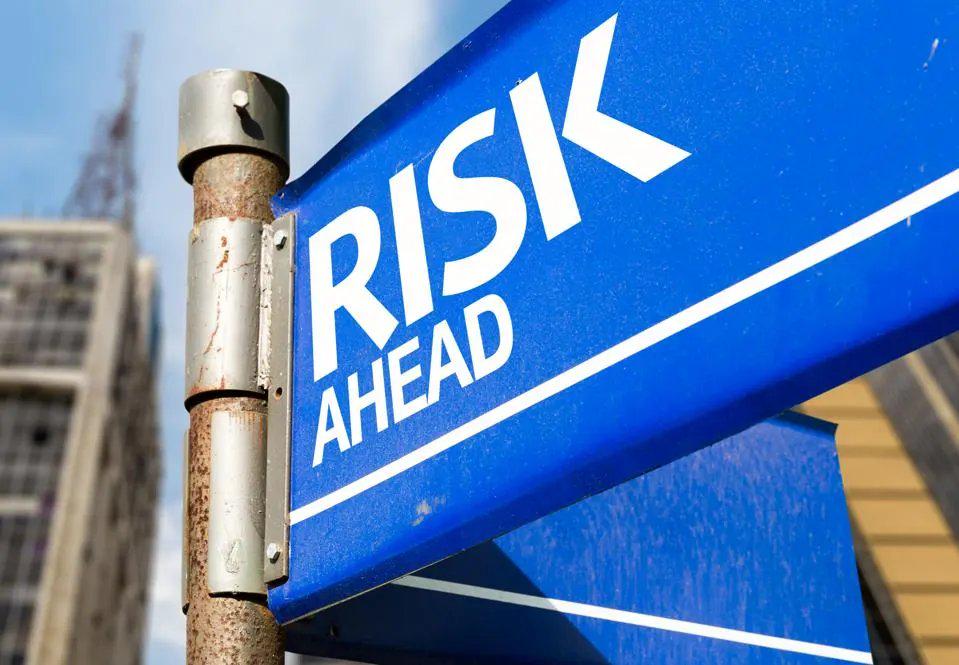JPMorgan CEO Warns of 10% U.S. Stock Market Drop
JPMorgan Chase CEO Jamie Dimon warned on Monday that the full impact of tariffs has not yet been transmitted through the entire economic system, cautioning that rising goods and supply costs could cau

JPMorgan Chase CEO Jamie Dimon warned on Monday that the full impact of tariffs has not yet been transmitted through the entire economic system, cautioning that rising goods and supply costs could cause the stock market to decline.
Speaking at the bank's Investor Day in New York, Dimon said the risks of an economic slowdown are being underestimated. Even though Trump’s tariff measures have been partially rolled back, he noted these tariffs remain “very extreme.”
Since Trump announced a 90-day pause on reciprocal tariffs, global stock markets have rallied sharply. However, markets seem to be ignoring the fact that most countries trading with the U.S. are still subject to historically high tariffs. “This is extreme complacency,” Dimon stated, adding that the last time the U.S. imposed a blanket 10% tariff on all trading partners was in 1971.
Although the April CPI data came in relatively tame, economists expect tariffs to push prices higher in the coming months. Companies such as general motors, jetblue, and Volvo have already withdrawn their earnings guidance for the year. walmart said last week that due to rising costs, price increases are “unprecedented” and the company plans to raise prices.
Dimon said on Monday that the stock market could fall by around 10% as companies revise their earnings expectations downward and investors revalue U.S. equities. He also warned that firms used to easy financing might face a credit crunch. “U.S. asset prices, I still think, are on the high side,” Dimon said. “I think credit right now is a bad risk.”
Though some of his previous economic forecasts have missed the mark, Dimon has consistently sounded the alarm on risks he believes are brewing in the system.
Lately, he has been particularly vocal about the impact of tariffs on the economy and America’s standing globally.
Even if tariffs trigger a global economic slowdown, Dimon expressed doubt that central banks would be able to respond effectively in time.
“I think we now have what you could call overly complacent central banks that think they’re all-powerful,” Dimon said. “They’re just setting short-term interest rates.”
He also noted that it’s unclear how other countries will respond to Trump’s tariffs, as some have already begun forming new trade agreements with other partners.
Disclaimer: The views in this article are from the original Creator and do not represent the views or position of Hawk Insight. The content of the article is for reference, communication and learning only, and does not constitute investment advice. If it involves copyright issues, please contact us for deletion.